
5, 8, 9, 10 December | Learn how to transform discarded plastic materials into craft using creative skills.
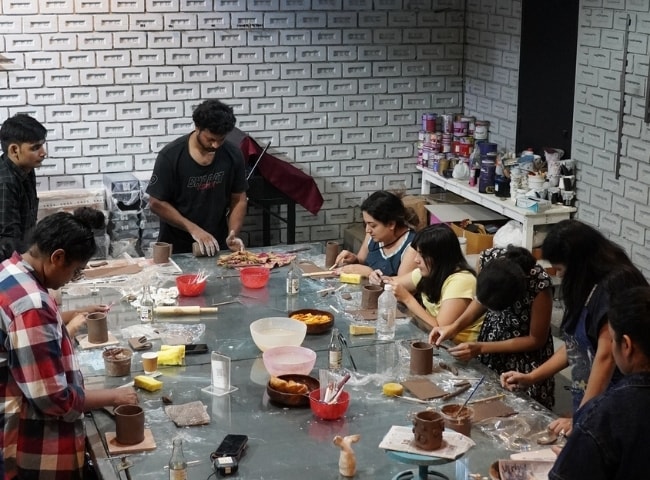
6 December | An exploration of Himalayan craft traditions in evolution—the exhibit celebrates the meeting point of tradition and contemporary design through the clay language of Kangra, featuring hand-built, textured pieces shaped from local earth.
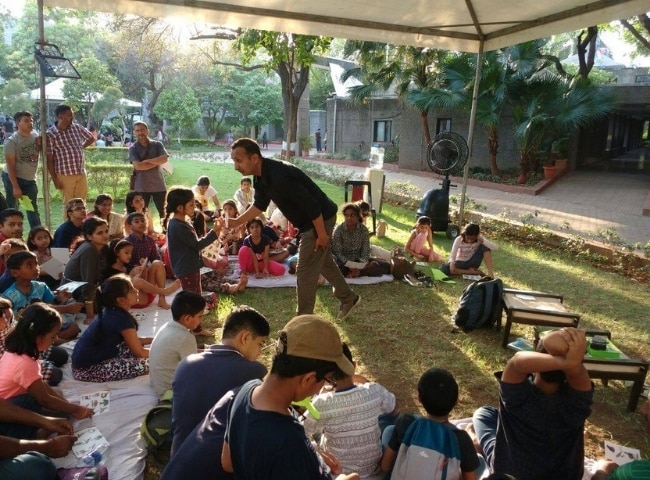
8, 9 December | A diverse range of games for nature and conservation designed by creators and conservationists worldwide, where participants learn the fundamentals of game design and apply these insights hands-on by designing their own conservation game.

5 December | A hands-on draping session exploring Northeastern Himalayan styles—revealing how folds and weaves carry memory, identity, and heritage into contemporary practice.
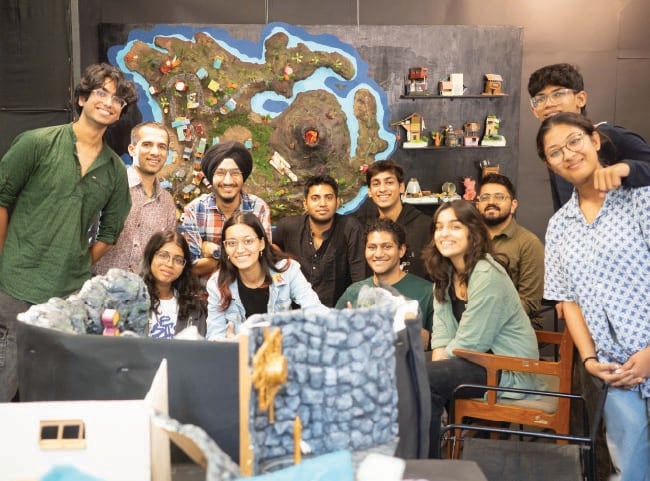
10 December | An interactive session for children, guiding discovery and hands-on creation of imaginative postcards envisioning a future shaped by responsible travel and environmental awareness.
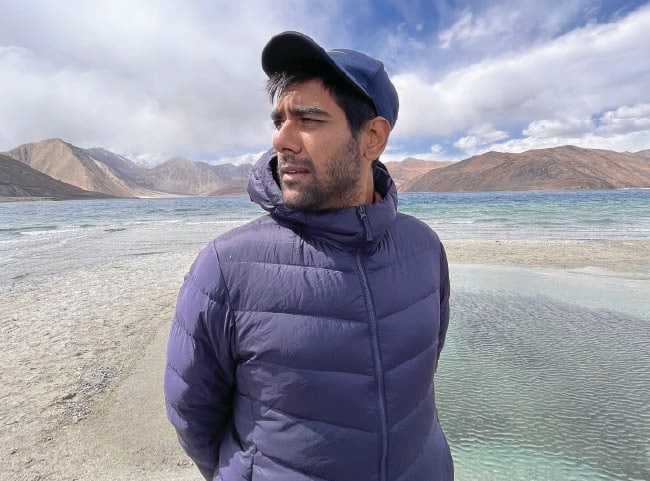
9 December | The workshop introduces key principles of storytelling—character, conflict, and theme—guiding participants to craft compelling fiction and nonfiction. Aligned with the festival’s theme “Ours to Tell,” it empowers them to create meaningful stories across genres and age groups.
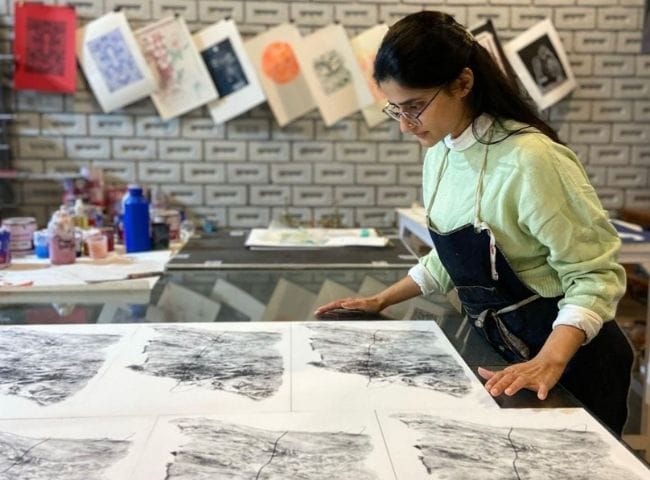
An interactive printmaking booth, inviting visitors to experience the tactile joy of hand printing. Through color, texture and play, participants can explore the creative process and take home their own T-shirts, postcards, posters and totes as personalised keepsakes that celebrate craft, community and expression.
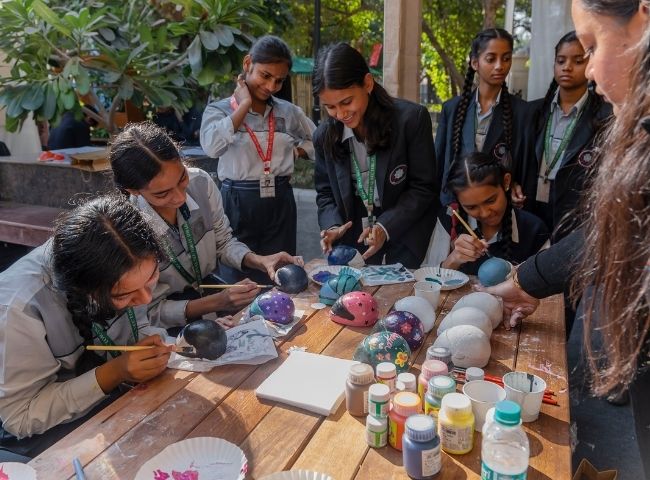
A Helmet for India creative activity designed to raise awareness about the importance of wearing a helmet. Visitors will paint their own mini clay helmets—a keepsake and a reminder of responsible riding—adding a personal touch to the message of safety.
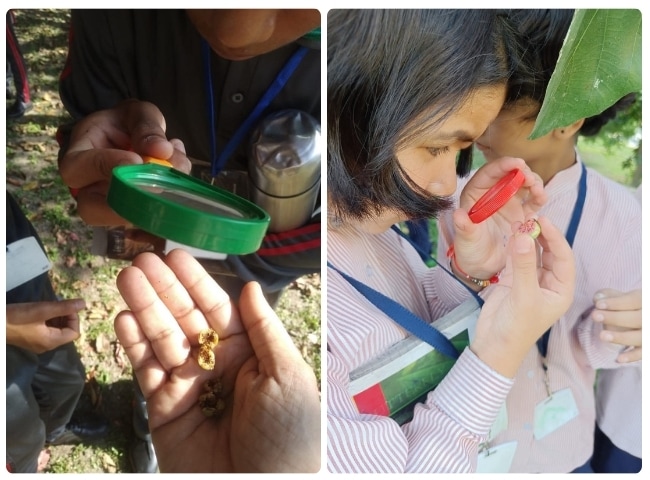
5, 8 December | These sessions explores the fascinating ecology of fig trees and their unique relationship with pollinator wasps, showcasing how mutualism supports biodiversity. Participants will enjoy storytelling inspired by The Secret Garden (book published by the Nature Science Initiative) and engage in real-world observations near fig trees, followed by nature journalling to reflect on their experiences and deepen their connection with nature.
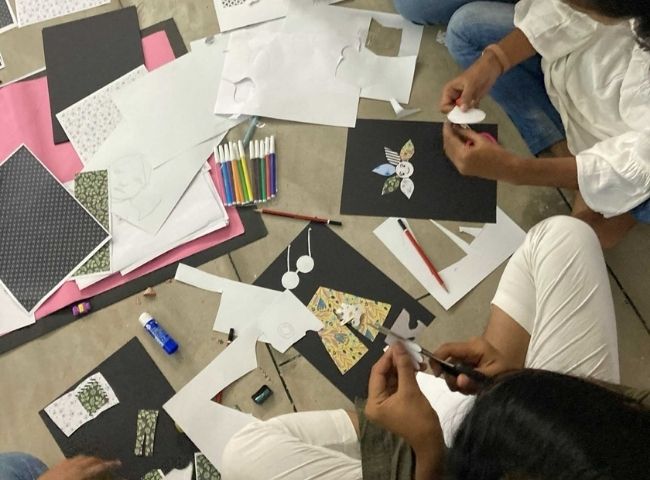
6 December | An interactive session for 8–12-year-olds, where children write stories, create their own endings, solve quizzes, and dive into the hilarious world of Younguncle and his family on a Himalayan holiday at the mysterious Hotel Pine-Away—sparking imagination, creativity, and storytelling.

5, 10 December | A hands-on introduction to Himalayan crochet, guided by local artisans from Himachal Pradesh. Using pre-made Bhedu faces, participants will add sheep wool, fur, and eyes to craft their own Bhedu brooch—a playful tribute to the Himalayan sheep and a keepsake to take home.

5, 7, 9, 10 December | Guided by local artisans from Ladakh, learn how to sculpt raw sheep wool into exquisite hand-crafted figures of the region’s wildlife, like the elusive snow leopard, ibex and yak.

5, 6, 7, 8 December | Aipan is a traditional ritual art of Kumaon, Uttarakhand, made using red earth and white rice paste to create geometric and floral patterns on walls and floors. In this workshop, Margshala’s rural youth fellows introduce participants to its techniques, symbolism, and cultural significance in mountain life.
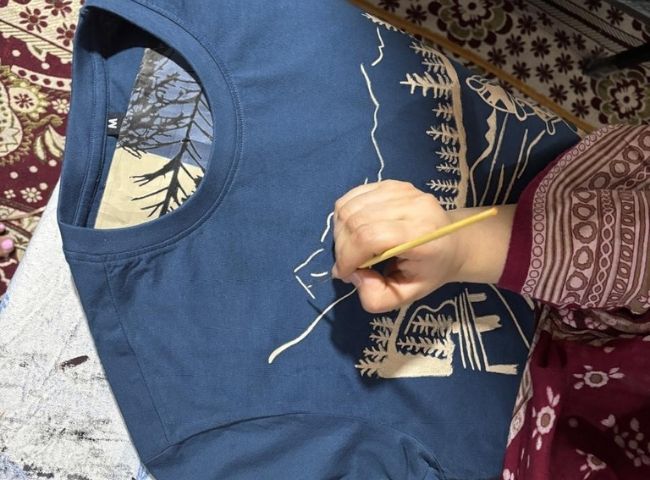
6, 7 December | Participants explore the traditional techniques of moulding and intricate hand-painting under expert guidance, gaining insight into the cultural significance, heritage, and meticulous process behind this age-old craft.
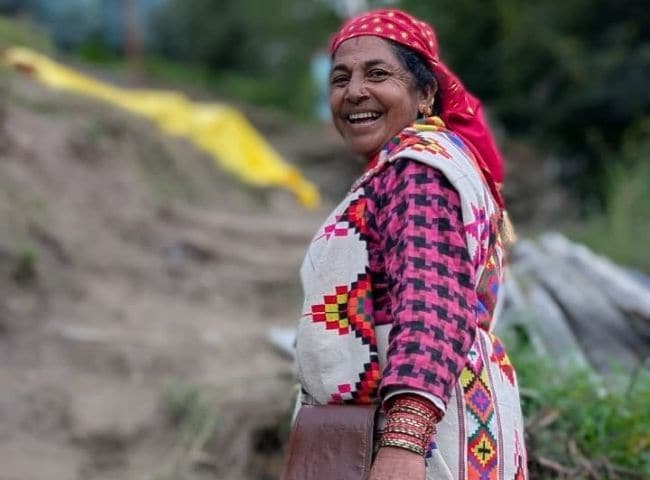
8, 9 December | Discover the art of draping a Himachali Pattu—the elegant woollen wrap of the Kullu Valley. The session includes an introduction to its history, weaving techniques and cultural significance, followed by a live demonstration by local women artisans.

6, 8, 9 ,10 December | A hands-on workshop where participants explore circular design by creating upcycled T-shirt yarn keychains and handmade recycled cotton paper—inspiring mindful crafting and sustainable thinking.
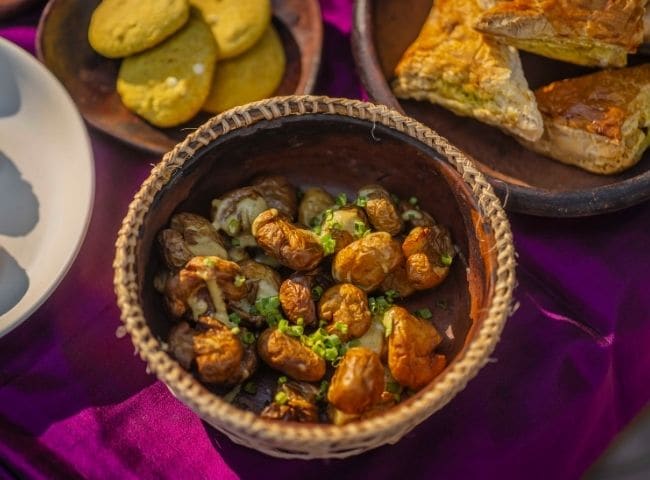
5 December | The discussion explores how food serves as a repository of memory and cultural practice in the Northeast, revealing how recipes, rituals, and kitchens become spaces of both resistance and belonging.
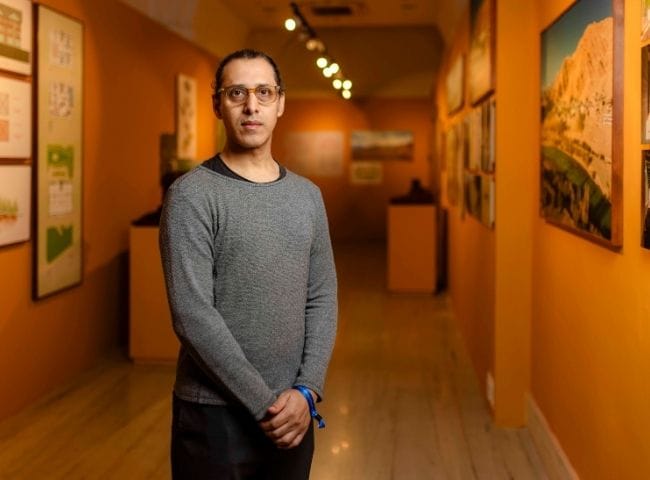
5 December | Explore how architecture in the Himalayas can harmonize with nature, culture and community with Future Ready Leaders fellow Pema C. Bhutia from Sikkim, Okit Sitek from Epum Sirum, Gobuk and the archeologist Phuntsog Dorjey. This panel highlights vernacular wisdom, sustainable materials, and resilient design strategies that address climate change, seismic risk, and modernization pressures—showcasing how building with the environment can preserve both heritage and future livelihoods.
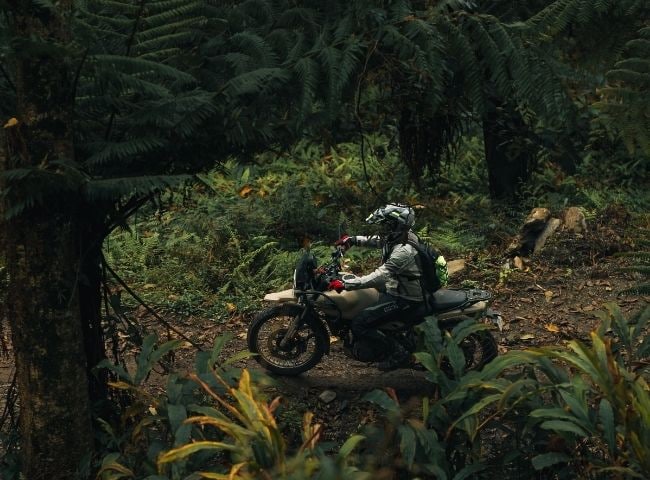
6 December | Celebrating the Himalayas through the personal stories of riders and explorers like Tashi Munshi and Clifton Shipway among others, as they speak of journeys of exploration, cultural discovery, resilience and inspiration—revealing how these experiences shapes both people and place.

6 December | In the Himalayas, conservation is inseparable from the communities who inhabit the land. Jose Louies and Mallika Virdi will be joined by Shaleena Pinya from Arunachal's Bugun community, to examine how local knowledge, participatory governance and adaptive practices enable people to safeguard forests, pastures, rivers and sacred sites—spotlighting resilient, locally rooted models that protect both ecological and cultural landscapes, and offering lessons for sustainable stewardship in fragile environments.
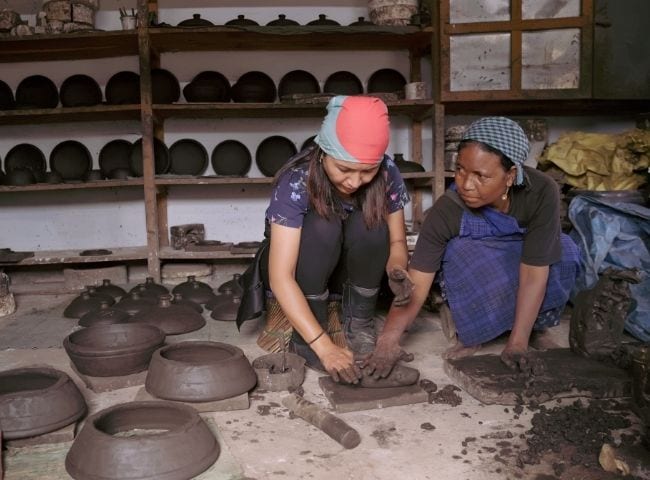
6 December | This panel, comprising of Shubhi Sachan (Material Library of India), Ana Pantelic (MIT DLabs Executive Director) and Zeenat Niazi (Development Alternatives), explores how materials in the Himalayas—like wool, clay, stone, and bamboo—embody the region’s memory, ecology, craft traditions and ways of life, linking design to identity and sustainability. Tied to the festival’s theme of belonging, it brings together voices from design, craft and research to reflect on how re-engaging with local materials can inspire more rooted, responsible, and regenerative design futures.

6 December | Hear from Manisha Halai (Arunachal Pradesh), Linda Horam (Manipur), Zainab Gani (Kashmir) and Sonam Dolma (Ladakh) as they highlight women’s perspectives on our relationship with landscapes, exploring their roles in shaping, caring for, and sustaining communities and the environment.

7 December | Dr. Jagdish Shukla explores the unfolding climate crisis through the dual lens of hard science and lived human stories. Referencing his acclaimed book A Million Butterflies, he illustrates how small atmospheric signals can cascade into large-scale events that reshape societies, ecosystems and ways of life.

8 December | A special reading and conversation marking the culmination of Zubaan’s anthology series from the Northeast and Eastern Himalayas—celebrating seven volumes that bring together distinct voices, lived realities, and emerging literary and artistic forms from the region.
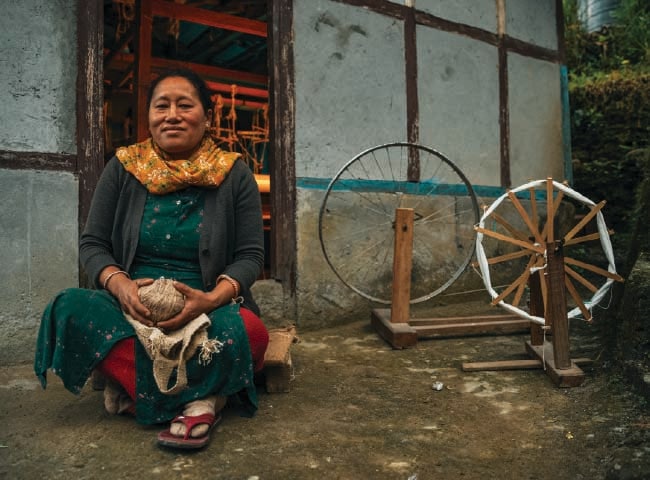
7 December | A conversation with Smita Murty (ANT, Assam) and Nishant Raj (Head Designer, Looms of Ladakh) on how Himalayan craft clusters and creative practitioners are adapting to shifting ecological realities—highlighting how communities are reimagining materials, techniques, and collective practices to mitigate climate risks while sustaining both livelihoods and traditions.

7 December | This panel explores how the creative economy can drive systemic change and resilience amid climate challenges—sparking innovation, reviving traditional knowledge, and shifting production toward circular, sustainable models. It highlights how collaborative creativity can empower communities and inspire collective action for a regenerative future.

5 December | Hear from grassroots developers and athletes who’ve carved their own journeys through grit, passion and community support. Tsering Sakya, Spalgon Kanji (Rigzin Palgon), Peter Gebei, Tenzin Dolma and Yawar Ali Khan share real stories from the field—as players, coaches, and mentors—revealing what it takes to raise the next generation of champions.

6 December | A spotlight session for Himalayan athletes to share firsthand stories from the field, capturing the spirit, challenges and culture of mountain sports—ice hockey in particular. Featuring Tanzin Dolma, Rigzin Dolma, Sonam Angmo, Masqsuma Akhta and others.
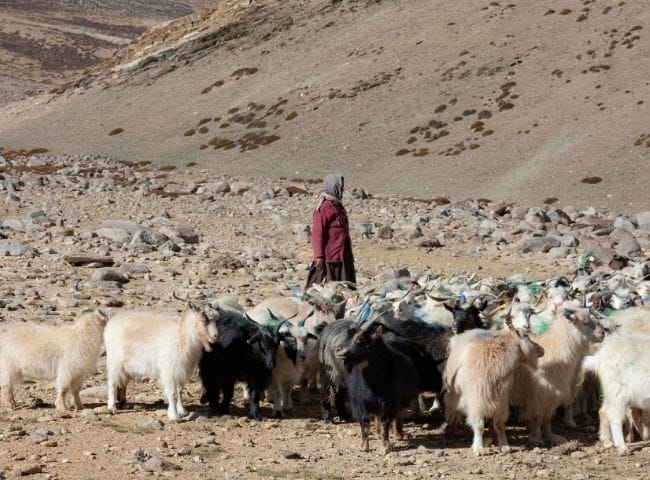
7 December | This panel explores why rangelands and pastoral heritage are essential to keeping Himalayan ecosystems alive—highlighting the knowledge, stewardship, and lived realities of those who depend on them. Featuring Padma Shri awardee Dr. Eklabya Sharma alongside herder Tsering Ladol and yak entrepreneur Thupden Lachungpa, the discussion brings together science, tradition, and on-ground experience to examine what it takes to sustain these fragile landscapes.

6 December | This spotlight session brings together conservation fellows and community practitioners from across the Himalayas—Rakshak Singh Rana & Dheeraj Rana (Titli Trust Fellows), Sapna Khando (Himachal Pradesh), Tundup Dorjey & Kavya Trivedi (Tar, Ladakh), Karamat (Van Gujjars, Uttarakhand), Banyllashisha Wankhar (Meghalaya), and Agur Litin (Adi, Simung, Arunachal)—to share grounded stories of stewardship, coexistence, and the everyday work of protecting biodiversity in fragile mountain landscapes.
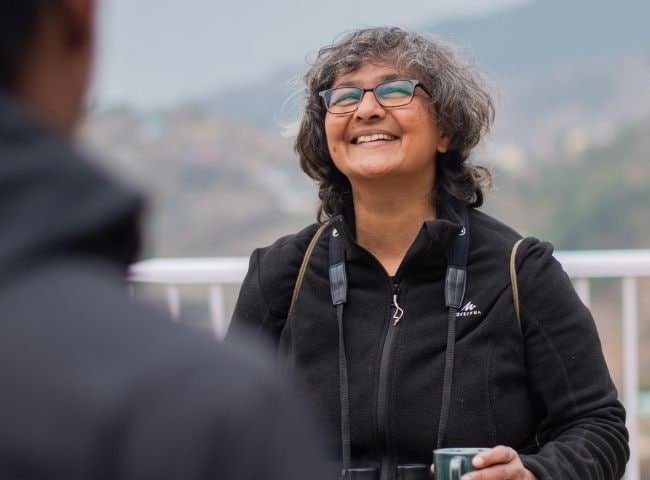
6 December | A conversation with some of India’s most impactful wildlife filmmakers—Pooja Rathod (Elephant Man), Akanksha Sood, and Doel Trivedy—whose work is shaping conservation narratives both on the ground and globally.
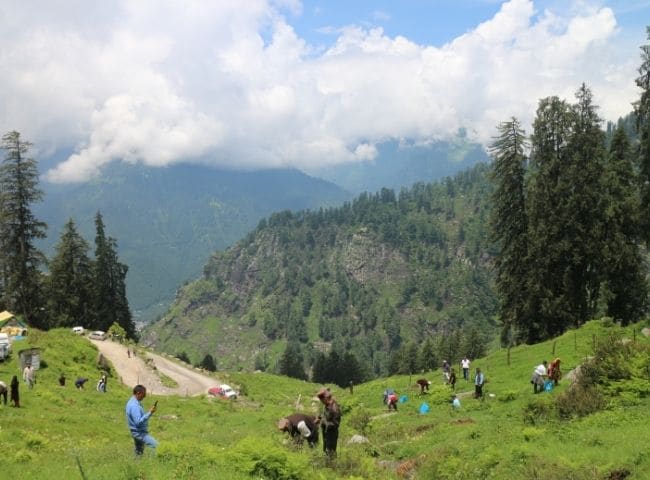
5 December | A keynote address by Mr Amitabh Kant, India’s former G20 Sherpa, anchors the announcement of the winning proposals from the Himalayan Pit Stop Challenge 2025. The Challenge brought together designers, innovators, and community stakeholders to reimagine how travellers pause, rest, and connect across the Himalayas—creating pit stops rooted in people, place, and purpose.
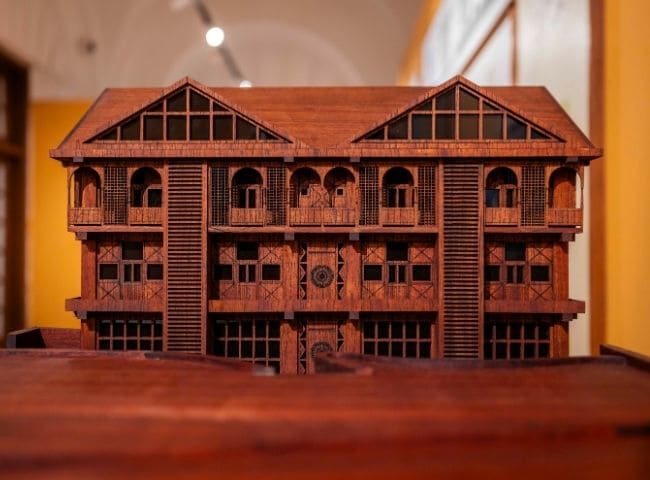
5 December | Award-winning eco-architect Rahul Bhushan takes us inside Pit Stop Babeli, exploring how the project rethinks the stopover in Himachal, through local materials, building techniques and community-led design to create a meaningful public space in the Himalayas.